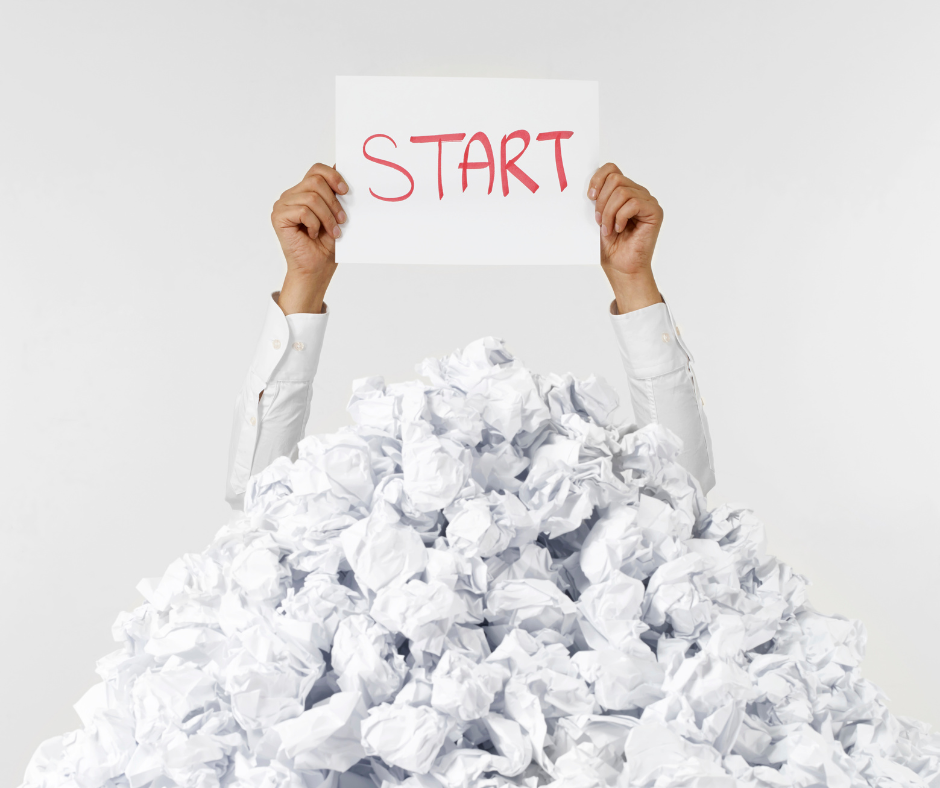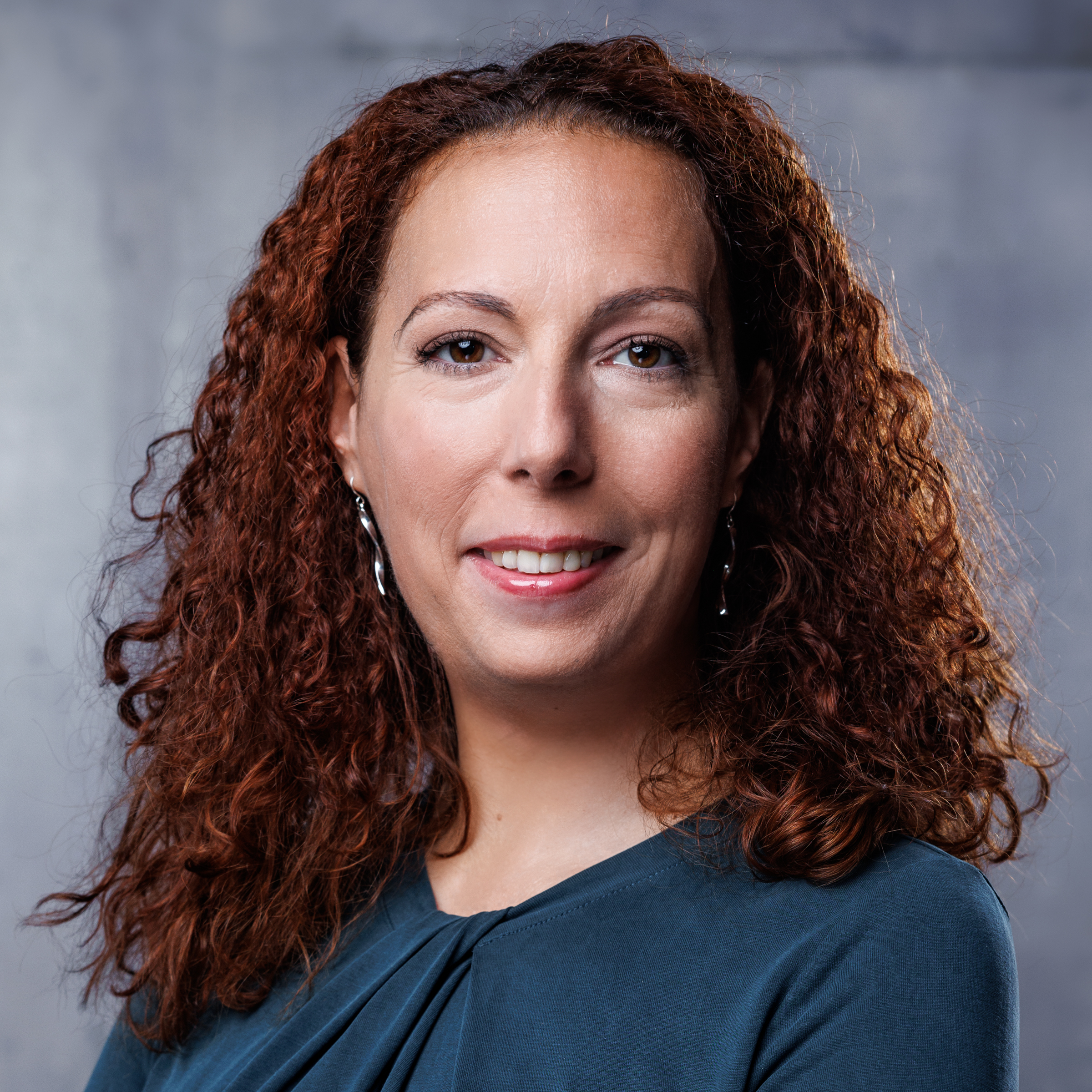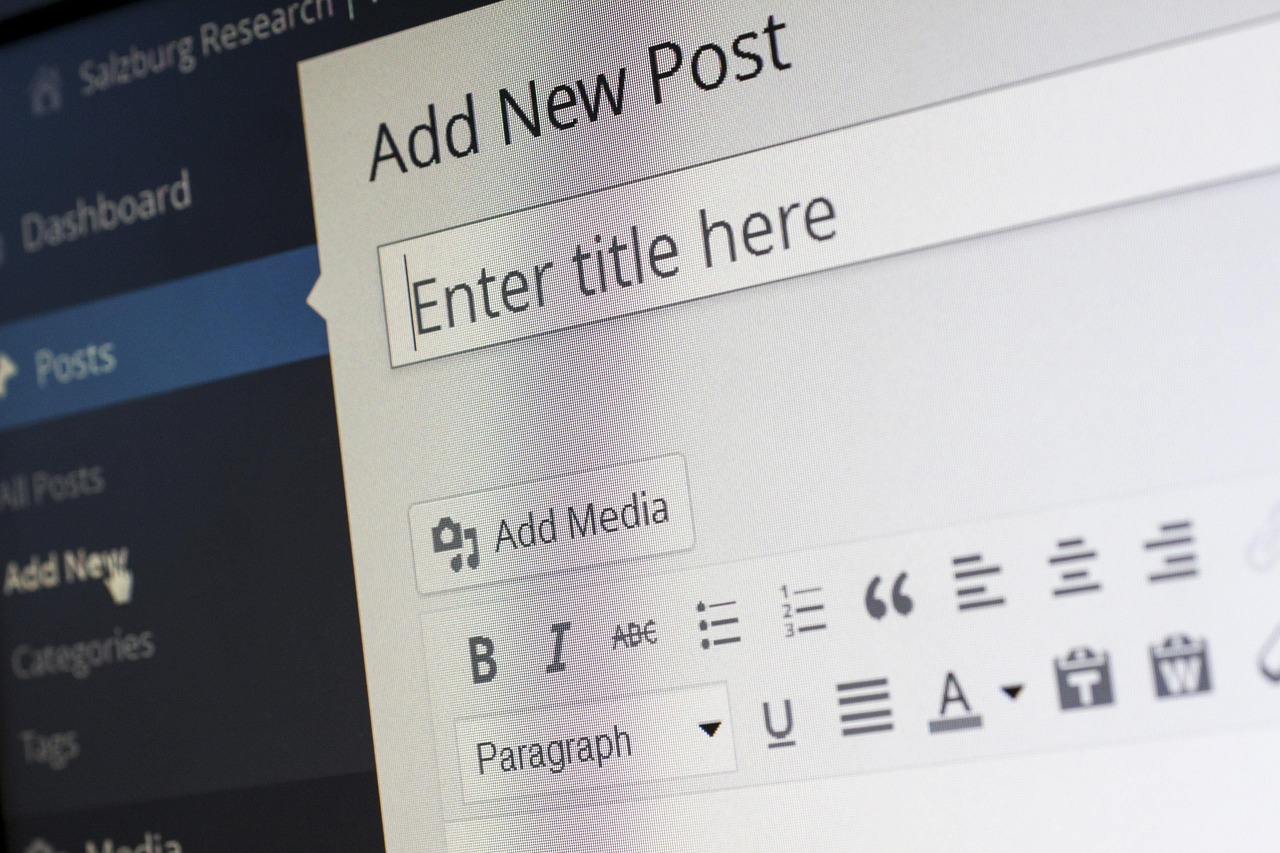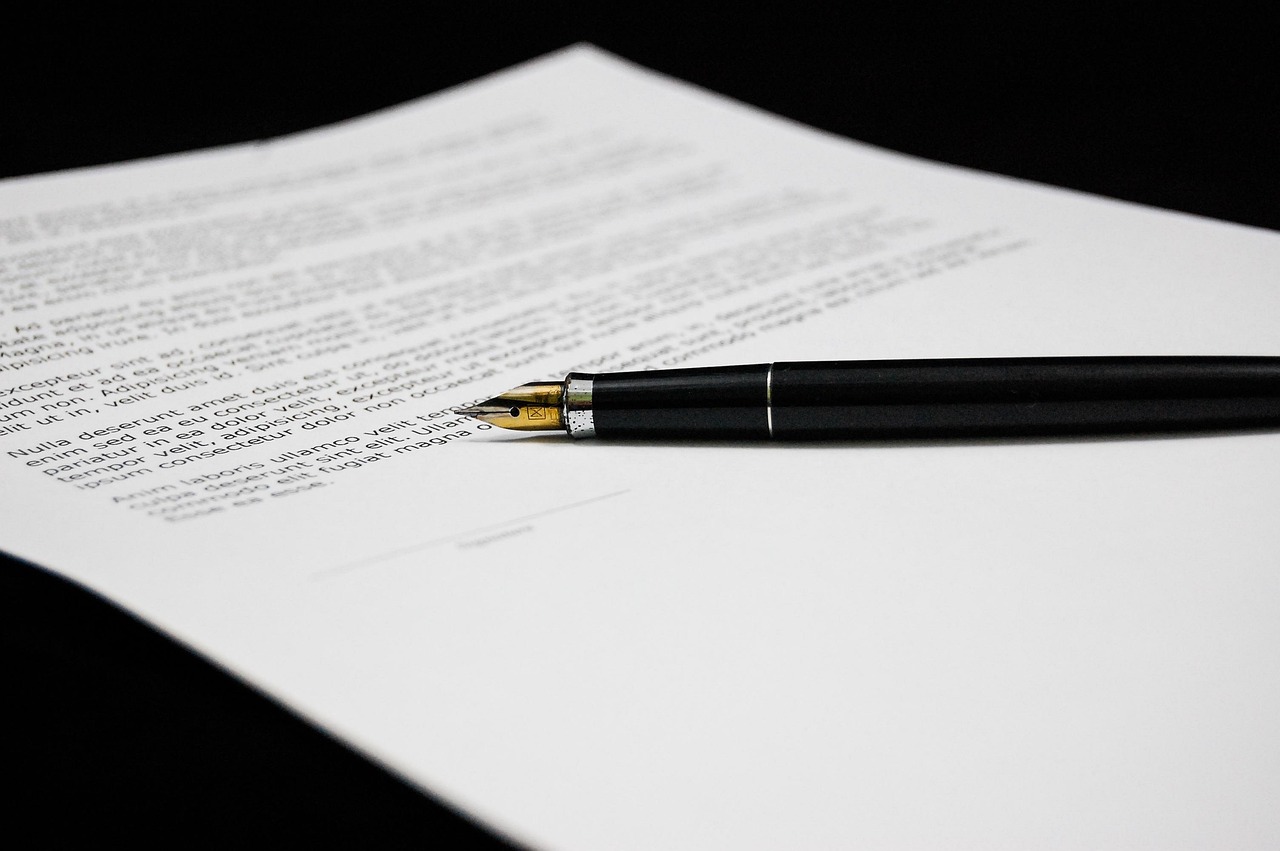In our previous post on proposal writing perspectives, you could go through several introductory remarks and checklists, and we are kicking off this text with
First tasks
As in every other process, the first tasks are crucial for proposal writing, too. The first tasks will show to the coordinator and the entire partnership which organisation and which person you can rely on and who will be contributing more. Furthermore, the first tasks will be indicative to show the partners what is expected from them. They will set the expectations regarding deadlines, quality, details to be provided, different tasks, etc. This phase is a kind of testing for partners to understand the requirements of Horizon Europe proposal writing and, further on, what is expected from them in the project management phase.
What are these first tasks?
1. All organisations would have to do background research:
a. Scientific research: There will be different partner organisations representing various disciplines and fields, so they will do different kinds of research. But, on the partnership level, you need to have a good understanding of the state of the art (i.e., what is happening in the field -– e.g., what kind of projects has European Union has been financing on different levels, (international, regional or national, local levels));
b. Good background check of the sector and the industry: What kind of needs and requirements does the sector have, who are the competitors, what are the market conditions, what is the technological landscape, and which organisations should be approached for collaboration;
c. And finally, policy (papers, joint research centre reports, Commission agendas and priorities): You need to understand the state of the art from the policy perspective.
Since there are a lot of details to be checked, you need an excellent team to work on them since all these will be tailoring your concept.
2. While you have to put together objectives that are aligned with the expected outcomes of the topic, you also need to make sure that those objectives are aligned with the workplan (where it is visible who will be in charge for what) - this is how you can see if you are missing any partner, associated partner, or advisory board member, etc. with specific expertise.
3. Explore your contribution to the expected outcomes and impact: You need to clearly see which results and actions will deliver what benefits on which target group or geographical region to be able to tell the direct short- and medium-term outcomes and long-term impact contribution.
4. A part of concept finalisation is also trying to put together the heart of the consortium, core partners at least, and understand the role of each partner.
5. After you finish the concept, make sure you have a plan - what is the timeline you imagine: How much time do you think you will have for the proposal writing? It will broadly define when you must have your first and second draft ready, when the partners will do the first and final check, when you must meet (online or in person), etc. A good timeline will also help you push the partners to action.
Work together
Working together is another important aspect you should consider when entering the consortium since the proposal writing is not a task for one person or organisation with all the others just editing their organisation descriptions, expertise, and competence.
Working together means delegating – as a proposal coordinator, you must ask for help. It is useful if you have an assigned so-called proposal writer who will ensure that all contributions come into place and the style is uniform at the end. The partners must understand that their contribution, ideas, and concepts are vital for the project and that they are a part of the bigger picture because only with collaboration will the proposal succeed.
As a part of this entire process, you need to define the concept and the methodology TOGETHER. The main goal is for the concept to be clear to everyone and not only to the coordinator. Here, doing a visual and showing it to all the partners has proven to be a good practice. When you send out the graphic, ensure it has the same meaning for everyone. If anything is unclear, change the visual and repeat the process. Make sure not to lose the concept in all the details! At this point, please keep it straightforward, or break it into more charts and visuals. All the partners also must agree with the proposed concept, ideas, methodology, and core details, since everyone will work towards the same cause. More meetings can be of help at this stage to make sure you reach the agreement faster.
You might need input from a specialist in sections such as Open Science, Data Management, and gender dimension since you might not be understanding certain parts the way experts understand them. Of course, to create a good proposal, you need to have these aspects developed correctly and entirely, thus consider if any expertise is missing.
Finally, collaborate with the stakeholders, and determine during the proposal writing process, together with them, how your project can benefit from co-creation, co-design, or co-assessment!
Suppose you need our help with proposal development this autumn - we are here for you during the first part of the Horizon Europe Academy and during a 3-day webinar series devoted to getting your proposal right!





